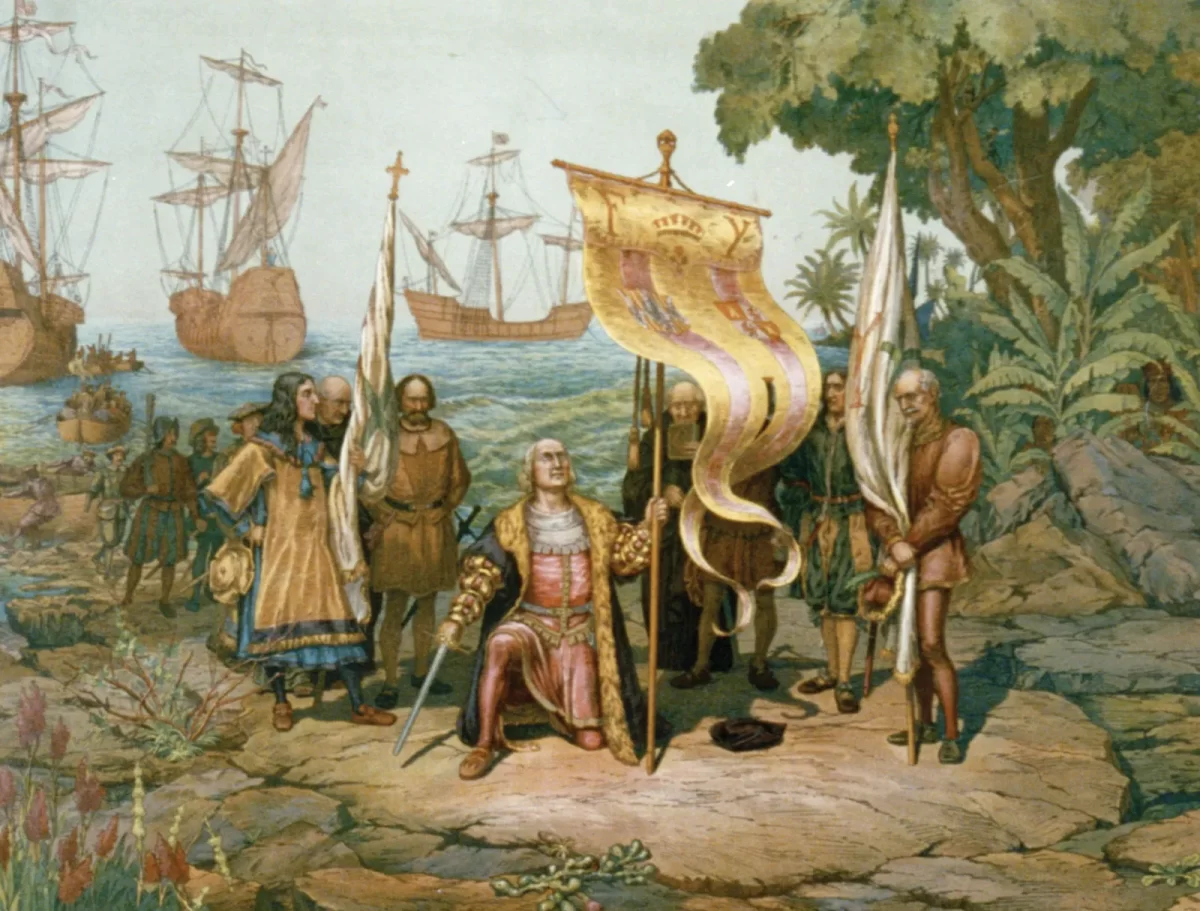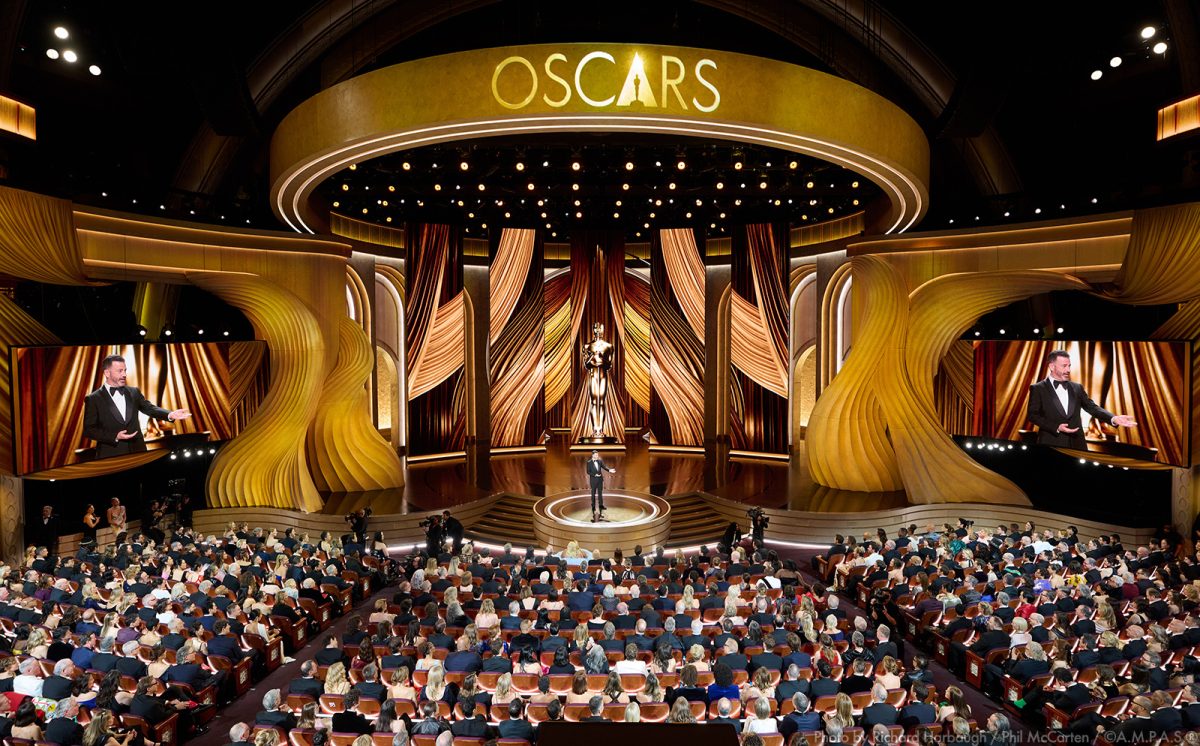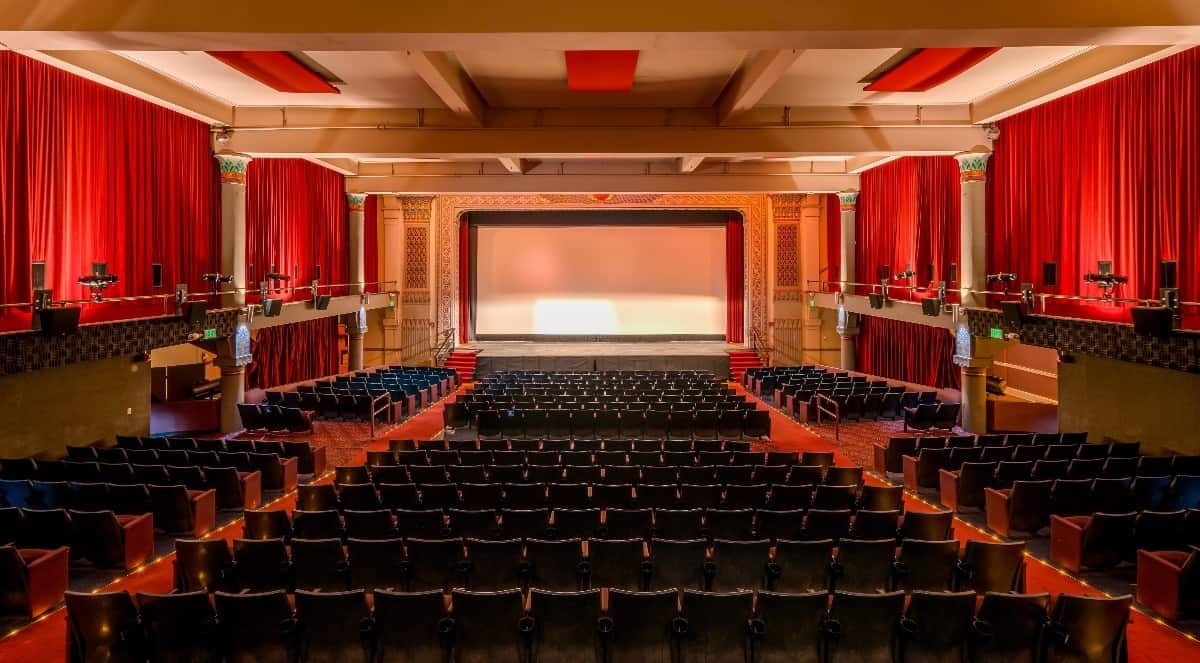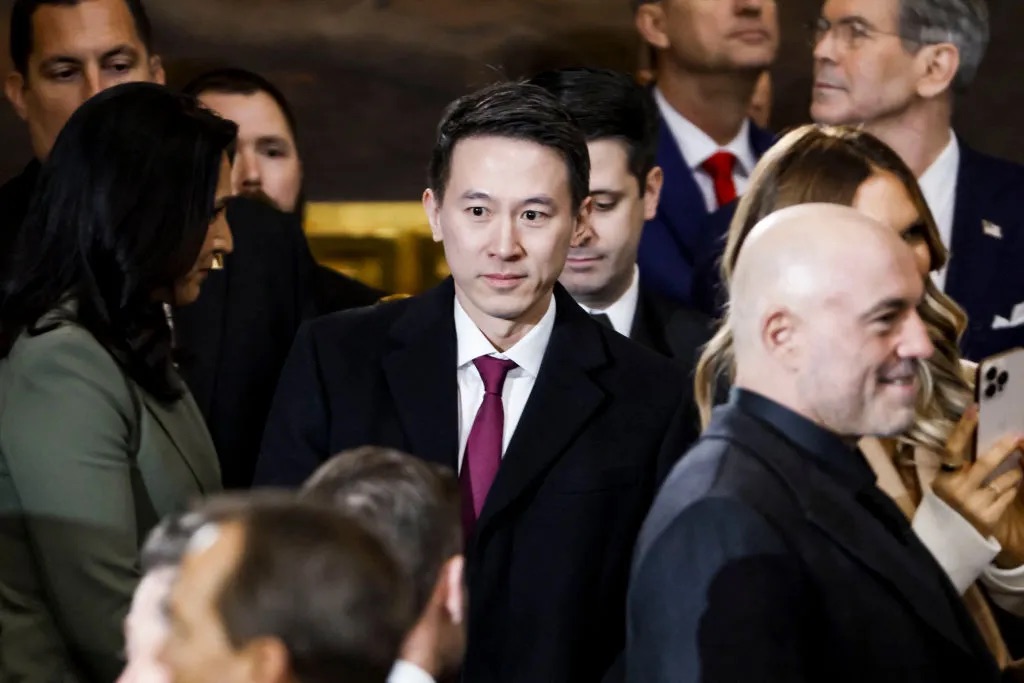Navigating Controversy: Greeley’s Take on Columbus Day
On Monday, October 9th this year, Greeley celebrated Indigenous People’s Day, a holiday formerly known as Columbus Day. Since 1937, the U.S. has celebrated Columbus Day as a federal holiday to commemorate Christopher Colombus’ and his discovery of what Europeans referred to as the “New World.”
In recent years, this perspective of Columbus shifted after increased discussions around America’s foundations and for many, it became apparent that ‘Columbus Day’ was not an accurate representation of the country’s history. In an effort to address the U.S.’s historical violence against Indigenous peoples, many institutions have chosen to commemorate the holiday as ‘Indigenous People’s Day’. However, many still continue to celebrate ‘Columbus Day’ instead.
In the 15th and 16th century, leaders of several European nations sponsored explorers in hopes of finding new routes to Asia, and ended up discovering the Americas instead. Christopher Columbus was one such explorer. With impressive navigation skills and a burning desire for fame and wealth, he quickly began his journey of exploration. His voyage was revolutionary, connecting Europe to the Americas for the first time, and starting a mass migration to the Americas.
Columbus is often remembered as a daring trailblazer. Characterizing him as courageous, hard-working, and above all successful, many claim that Columbus Day is not only a celebration of the U.S., but a celebration of character traits that represent the American ideal. Another aspect of this debate is the shifting narratives of why Columbus Day was recognized to begin with. When asked about the historiography of Columbus Day, James May, a Horace Greeley AP U.S. History teacher, noted the observations’ roots in the late 1800s after lobbying by the Italian government. “The traditional stance,” May explained, “is one of an opportunity, especially for Italian Americans, to celebrate their culture and contributions.”
However, is that the correct way to remember Columbus? Debates around this issue have increased in intensity with a new shifted perspective regarding America’s historical colonization of Native American land. President Biden was the first U.S. president to commemorate Indigenous People’s Day, after he proclaimed the holiday “celebrates the invaluable contributions and resilience of Indigenous peoples, and recognizes their inherent sovereignty,” to establish the holiday as a federal holiday. As of now, states and local governments have the option whether or not to observe Indigenous People’s Day or Columbus Day.
While most states continue to celebrate Columbus Day, 9 states have officially started celebrating Indigenous People’s Day, including Alaska and Hawaii. 11 additional states, including California, observe Indigenous People’s Day through unofficial proclamations.
In recent years, as discussion of whether Indigenous People’s Day or Columbus Day should be celebrated, more radical movements have occurred. Since 2018, at least 40 out of 130 monuments of Christopher Columbus in the U.S. have been removed by local and state governments. Furthermore, in many states, protests against the commemoration of Columbus have ramped up in frequency. On the flip side, others, many of Italian heritage, have begun protesting to support Columbus Day, desiring a day of commemoration of his contributions.
Those in favor of Indigenous People’s Day argue that Columbus did not truly discover the Americas, nor bring civilization. Complex Indigenous communities had thrived in the Americas for thousands of years prior to his arrival. Ironically, Columbus was not even the first European to arrive in the Americas, the Vikings having been the first. Furthermore, Columbus was far from a saint, enslaving thousands of Indigenous people in the Caribbean, forcing them into labor in search of gold, violently imposing Christianity on Indigenous communities, and committing genocide against Indigenous populations.
Ava Herman, co-president of BIPOC Student Union, is in agreement. She states, “ I think that the recognition of Indigenous peoples in America is extremely valuable to the understanding of our history as a nation and the atrocities committed by the American government.” She continues to share that removing statues and memorials of Columbus may be necessary and just in order to fully acknowledge the crimes committed against Native American communities. “It’s very reasonable to respect peoples culture and condemn genocide. It’s simple, really,” Ava says.
On the other hand, others consider Columbus’s arrival in the Caribbean a momentous moment in history, as it marked a prolonged series of cultural, biological, and social exchange along with permanent settlements. Columbus’s voyages opened up an exchange, known as the Columbian Exchange, of people, plants, animals, technologies, and ideas between Europe and the Americas, which had profound and lasting impacts on both sides of the Atlantic. His journey to the Americas improved knowledge of our planet’s geography, helped advance navigation techniques, and led to an overall expansion of Europe’s understanding of the world.
Others have more mixed approaches to the issue. Rebecca Humphries, vice president of AAPIA, voices that “it is important to acknowledge America’s past mistakes and its exploitative past behavior.” However, on the note of removing statues of Columbus, she shares her uncertainty: “I’m not sure if the statues of Columbus need to be removed, but statues that commemorate the Indigenous people should definitely be made.”
In truth, Columbus’s legacy is a complex and multifaceted issue. It’s important for us to recognize that his voyages were an enormous achievement that generated significant change and advancements, ultimately reshaping the course of history. However, we also must condemn the inexcusable atrocities that Columbus and his shipmen committed against Native Americans. Even within such a difficult topic, the rigorous and thoughtful conversations happening at Greeley at least light on our desire as American citizens to create productive social progress. The fact that the issue has sparked debates, protests, and movements for change indicates a growing awareness and engagement with America’s complex history — what’s exactly needed for a community to change for the better.
Categories:
Navigating Controversy: Greeley’s Take on Columbus Day
0
More to Discover
About the Contributors
Elizabeth Xiu, Columnist Writer
Elizabeth, a junior, is a columnist for The Greeley Voice. Some clubs she’s involved in include Science Greeley and AAPIA. In her free time, Elizabeth enjoys playing piano, reading, hiking, traveling, and baking.

Amy Feng, Head of Video
Amy Feng is a junior at Horace Greeley High School and the Head of Video for The Greeley Voice. Amy enjoys writing about a variety of topic and has written for the Greeley Voice since her sophomore year, exploring a variety of topics. Outside of The Greeley Voice, Amy is involved with a multitude of other clubs, such as the debate team, the Science Olympiad team, and BSU. Amy enjoys a variety of other activities, such as volleyball and violin. One of Amy’s favorite past time is taking her dogs out for hikes, while taking pictures of the scenery.





